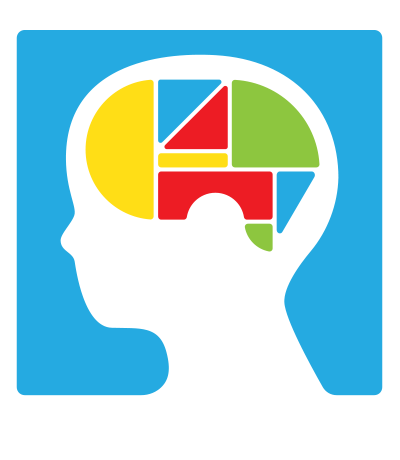LA and NYC researchers link perinatal exposure to air pollutants (polycyclic aromatic hydrocarbons) with slower processing and ADHD symptoms via effect on brain's white matter.
Peterson, B.S., Rauch, V.A., Bansal, R., Hao, X., Toth, Z., Nati, G., Walsh, K., Miller, R.L., Semanek, D. & Perera, F. (2015). Effects of prenatal exposure to air pollutants (polycyclic aromatic hydrocarbons) on the development of brain white matter, cognition and behavior in later childhood. JAMA Psychiatry. doi: 10.1001/jamapsychiatry.2015.57
